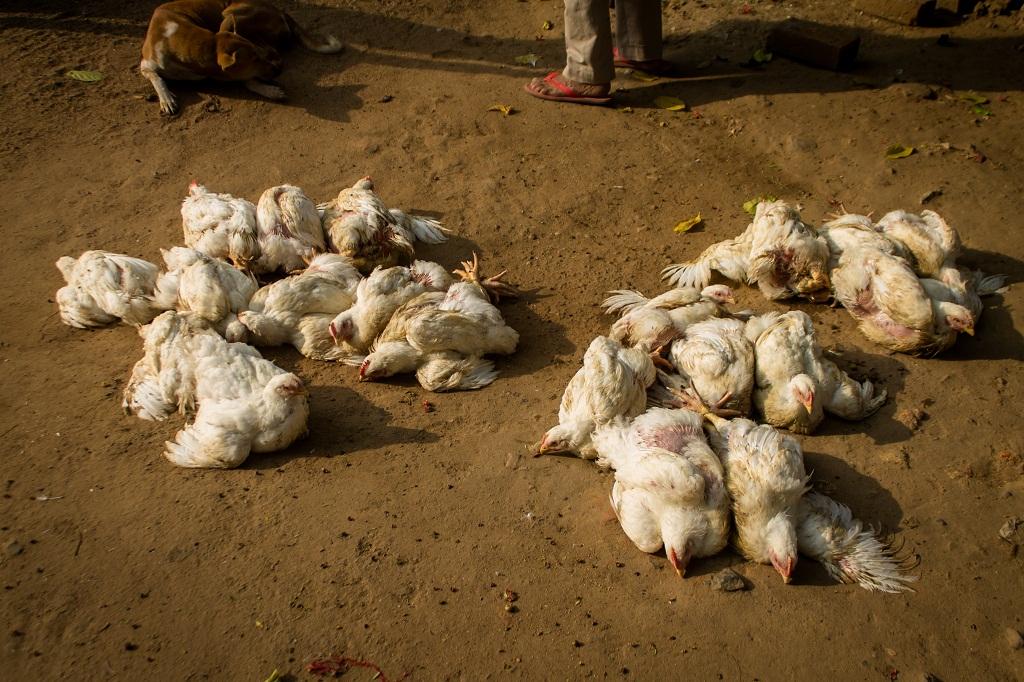OPINION PIECE: Avian Influenza – Sicelo Phumlani Dludla

Avian influenza is a highly contagious viral infection caused by several strains of type A influenza virus (H5N1, H7N6) which affects poultry and wild birds. It is commonly known as avian flu or bird flu. It is highly contagious and transmitted to chickens by contact with infected wild birds and their droppings. It spreads through improper disposal of infected chickens and their manure, on contaminated equipment and the feet of insects, rodents, and humans. The virus affects primarily the respiratory system of the bird, although sometimes digestive and nervous systems are affected. It affects birds worldwide for example it was first reported in May this year in Brazil which is the one of the highest producers of poultry in the world and exporter into South Africa. In South Africa the current outbreak has been detected since April 2023.
It is very rare that bird flu can cause infections in humans, however, the severe, highly pathogenic form has the potential to cause infection as cases have been reported worldwide. Hence, it is important to exercise caution when in contact with chickens infected by the disease. People in close contact with infected birds and observe the symptoms such as coughing, runny nose and pneumonia must quickly consult their health specialists. Authorities have recommended not to eat or handle undercooked or raw poultry and egg dishes and those with weak immune system must avoid visiting live poultry markets and farms.
Bird flu is triggering more health problems in our pockets and bank accounts. Since the current outbreak started approximately 7 million chickens have been culled (a polite way of saying infected chickens are destroyed). This increases the demand and reduces the supply of poultry products, hence an increase in prices. This is a worldwide problem, for example In Japan, egg prices climbed higher than normal as the 9% of their layer flock (17 million infected layers) having been culled. Since the current outbreak eggs have become more EGGSPENSIVE, a casual observation in supermarkets shows that 60’s eggs have soared from approximately R140 to R240 with more price increase expected as we are approaching the festive season. According to data available, egg prices has increased by more than 20% from only September to October 2023, while chicken meat prices has increased by more than 20% in the same period.
It may take up to 20 months for a poultry industry to recover from mass culling since the production cycle in poultry industry is about 20-22 months from breeding grand-parent stock for commercial layers or broilers. Consequently, prices may continue to increase until the poultry industry recovers from mass culling which may take up to 20 months.
Bird flu is placed under strict government control with an aim of eradicating any outbreaks as soon as possible. Further outbreaks can be prevented by strict biosecurity measures, through prevention of unnecessary human visits to farms, keeping chickens indoors away from wild birds and water frequented by wild water birds such as ducks.
Into the future, there is a progress towards the approval of the vaccine which will prevent mass culling of chickens. This will be a good alternative from mass culling. Eradication bird flu is possible if farmers are compensated for culling their chickens as this will provide incentive to early reporting of the disease.
Lecturer – Department of Agriculture













